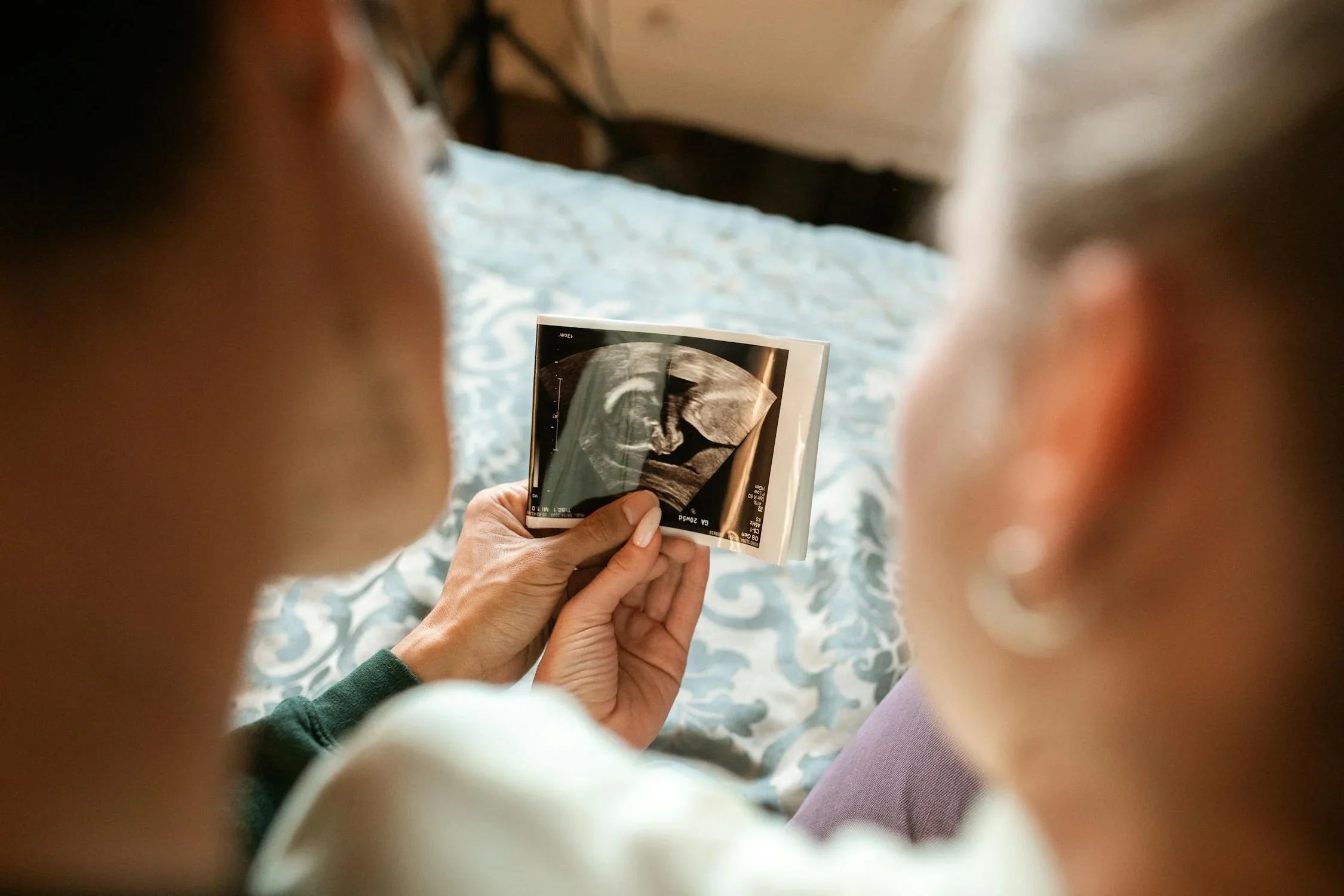Home
Pregnancy, Breastfeeding, and Pumping: The Ultimate Guide for Moms
Can I Take a Pregnancy Test 1 Week After Conception? What You Need to Know

Can I Take a Pregnancy Test 1 Week After Conception? What You Need to Know
Are you eagerly waiting to find out if you're pregnant? The question 'Can I take a pregnancy test 1 week after conception?' is one that many women ask when they suspect they might be expecting. Understanding how pregnancy tests work and when to take them can help you get accurate results and ease your mind during this exciting yet uncertain time.
Understanding Conception and Pregnancy
Conception occurs when a sperm fertilizes an egg, typically during ovulation. After fertilization, the fertilized egg travels down the fallopian tube and implants itself into the uterine lining. This process, known as implantation, usually happens 6 to 12 days after conception. Once implantation occurs, the body starts producing a hormone called human chorionic gonadotropin (hCG), which is what pregnancy tests detect.
How Pregnancy Tests Work
Pregnancy tests are designed to detect the presence of hCG in your urine or blood. Home pregnancy tests are urine-based and are widely available, while blood tests are performed at a healthcare provider's office. Both types of tests rely on the presence of hCG to confirm pregnancy, but they differ in sensitivity and accuracy.
Can You Take a Pregnancy Test 1 Week After Conception?
Taking a pregnancy test just one week after conception may not yield accurate results. This is because hCG levels are typically very low during the early stages of pregnancy. Most home pregnancy tests are designed to detect hCG levels of at least 25 mIU/mL, which may not be present in your body until several days after implantation. For the most accurate results, it's generally recommended to wait until after you've missed your period, which is usually about two weeks after conception.
Factors That Affect Test Accuracy
Several factors can influence the accuracy of a pregnancy test taken one week after conception. These include the sensitivity of the test, the timing of implantation, and the concentration of hCG in your urine. Drinking too much water before taking the test can dilute your urine and lower hCG levels, potentially leading to a false negative result. Additionally, taking the test too early or not following the instructions carefully can also affect its accuracy.
Early Signs of Pregnancy
While waiting to take a pregnancy test, you might notice some early signs of pregnancy. These can include fatigue, nausea, breast tenderness, and frequent urination. However, these symptoms can also be caused by other factors, such as hormonal changes or stress, so they are not definitive indicators of pregnancy. If you experience these symptoms and suspect you might be pregnant, it's a good idea to monitor your body and take a test at the appropriate time.
What to Do If You Get a Negative Result
If you take a pregnancy test one week after conception and get a negative result, don't lose hope. It's possible that your hCG levels are still too low to be detected. Wait a few more days and take another test, especially if you still haven't gotten your period. If you continue to get negative results but still suspect you're pregnant, consider consulting a healthcare provider for a blood test, which can detect lower levels of hCG.
When to See a Doctor
If you've taken a pregnancy test and received a positive result, it's important to schedule an appointment with your healthcare provider to confirm the pregnancy and begin prenatal care. Even if you get a negative result but continue to experience pregnancy symptoms, it's a good idea to consult a doctor to rule out other potential causes and ensure your health and well-being.
Waiting to find out if you're pregnant can be an emotional rollercoaster, but understanding the science behind pregnancy tests and knowing when to take them can help you navigate this journey with confidence. Whether you're hoping for a positive result or just seeking clarity, being informed is your best ally. So, can you take a pregnancy test one week after conception? While it's possible, waiting a little longer will give you the most accurate and reliable results.
Share

